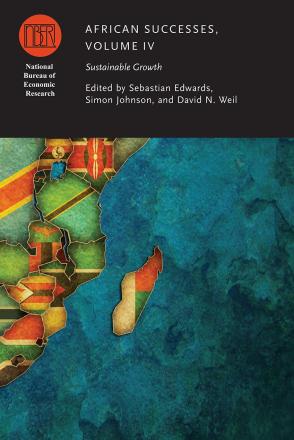Indirect Rule and State Weakness in Africa: Sierra Leone in Comparative Perspective

A fundamental problem for economic development is that most poor countries have `weak states' which are incapable or unwilling to provide basic public goods such as law enforcement, order, education and infrastructure. In Africa this is often attributed to the persistence of `indirect rule' from the colonial period. In this paper we discuss the ways in which a state constructed on the basis of indirect rule is weak and the mechanisms via which this has persisted since independence in Sierra Leone. We also present a hypothesis as to why the extent to which indirect rule has persisted varies greatly within Africa, linking it to the presence or the absence of large centralized pre-colonial polities within modern countries. Countries which had such a polity, such as Ghana and Uganda, tended to abolish indirect rule since it excessively empowered traditional rulers at the expense of post-colonial elites. Our argument provides a new mechanism which can explain the positive correlation between pre-colonial political centralization and modern public goods and development outcomes.
-
Copy CitationDaron Acemoglu, Isaías N. Chaves, Philip Osafo-Kwaako, and James A. Robinson, African Successes, Volume IV: Sustainable Growth (University of Chicago Press, 2014), chap. 9, https://www.nber.org/books-and-chapters/african-successes-volume-iv-sustainable-growth/indirect-rule-and-state-weakness-africa-sierra-leone-comparative-perspective.Download Citation


